Evers Extends Mask Mandate
Lt. Gov. Mandela Barnes (Left) and Gov. Tony Evers (Right) address the media at a press conference in Kenosha, WI, to announce the mask mandate’s extension and the importance of COVID-19 mitigation efforts
November 21, 2020
In the midst of mounting COVID-19 infections in the state of Wisconsin, Governor Tony Evers (D) is prepared to extend July 30’s statewide mask mandate into 2021 by the end of the week.
As many hospitals in the state are at or near capacity, state officials are scrambling to erect whatever roadblocks possible to combat the virus’ second wave.
It took the state seven months to tally 100,000 total COVID-19 cases.
Now, in nine months, that number has more than tripled, blowing well beyond 300,000 cases as of Friday.
“It’s clear based on where we’re headed, we cannot afford to stop or have a gap in some of the only mitigation efforts we still have in place,” Evers explained.
Wisconsin is one of the few states in the country without a cohesive, statewide plan to stop the spread of COVID-19.
In May, the conservative-controlled Wisconsin Supreme Court struck down Evers’ “safer at home” order, constitutionally-limiting his capacity to issue statewide actions to address the pandemic.
In the aftermath of that ruling, counties and municipalities have been forced to bear the brunt of virus mitigation, with many taking little-to-no action to stop the spread and others being woefully unequipped to handle their new responsibilities.
As schools eased their way back into session three months ago, Evers issued a statewide mask mandate, requiring mask-wearing in indoor public venues, such as bars, restaurants, schools, and stores, one of the few actions left at his disposal to contain the spread of COVID-19.
The move, however, has been met with harsh criticism from state Republicans who have since launched a lawsuit to strike down the mask mandate.
On Monday Nov. 16, the Wisconsin Supreme Court heard oral arguments in the GOP’s case, putting the future of Evers’ mask mandate, and COVID-19 mitigation, in a state of jeopardy.
In light of this uncertainty, Evers has hit the stump, attempting to rally public support for a mask mandate coupled with a steep virus relief bill, actions both opposed by the state’s Republican-controlled Legislature.
His $541 million COVID-19 relief plan, released earlier this week, hasn’t been a hit with Republican lawmakers who will ultimately call the shots on any future state actions.
Assembly Speaker Robin Vos (R) said certain parts of Evers’ proposal were “workable” but ultimately admitted assembly Republicans “do not have specific drafted proposals” at the moment, explaining he plans to meet with Evers to explain Republican priorities for a relief package in the near future.
“At this point, I haven’t seen anything I’m real excited about,” added incoming Senate President, Chris Kapenga (R).
Kapenga followed up his statements, clarifying he didn’t support plans to expand contact tracing or enact statewide rent and foreclosure freezes.
Evers’ plan, coupled with a mask mandate, would greatly expand the state’s testing and tracing capacity, suspend report cards and standardized testing for the remaining school year, allow healthcare workers to claim worker’s compensation if they test positive for COVID-19, enact a universal rent and foreclosure freeze, and require state insurers to cover COVID-19 testing, treatment, and vaccine facilitation.
April was the last time the state Legislature debated and passed a relief package.
“This isn’t something happening someplace else to someone else,” Evers said.
“They’re our friends, our neighbors and our loved ones who are getting sick,” he continued.
As frustration mounts in Madison and COVID-19 continues to ravage the state, Wisconsin seems to be staring down the barrel of an uncertain, infectious, and deeply-polarized winter.


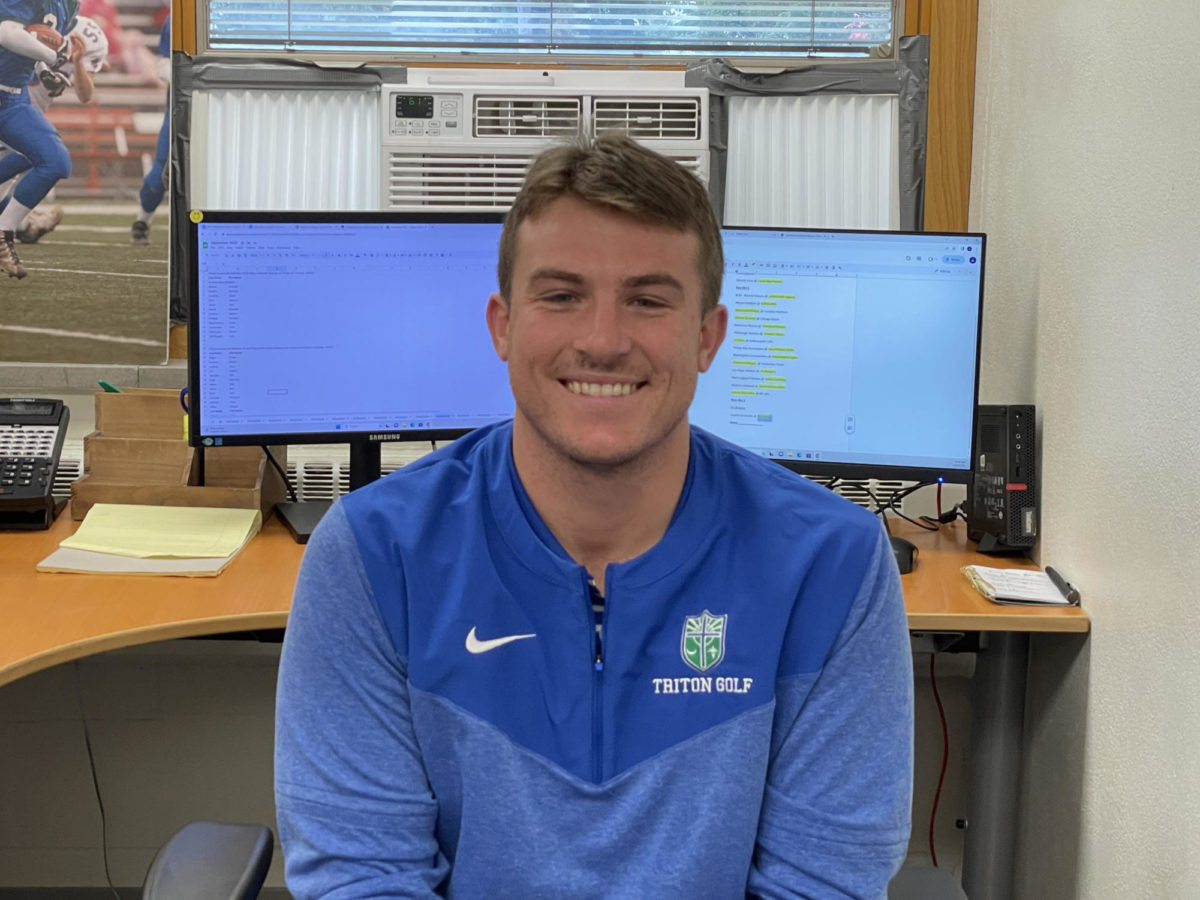
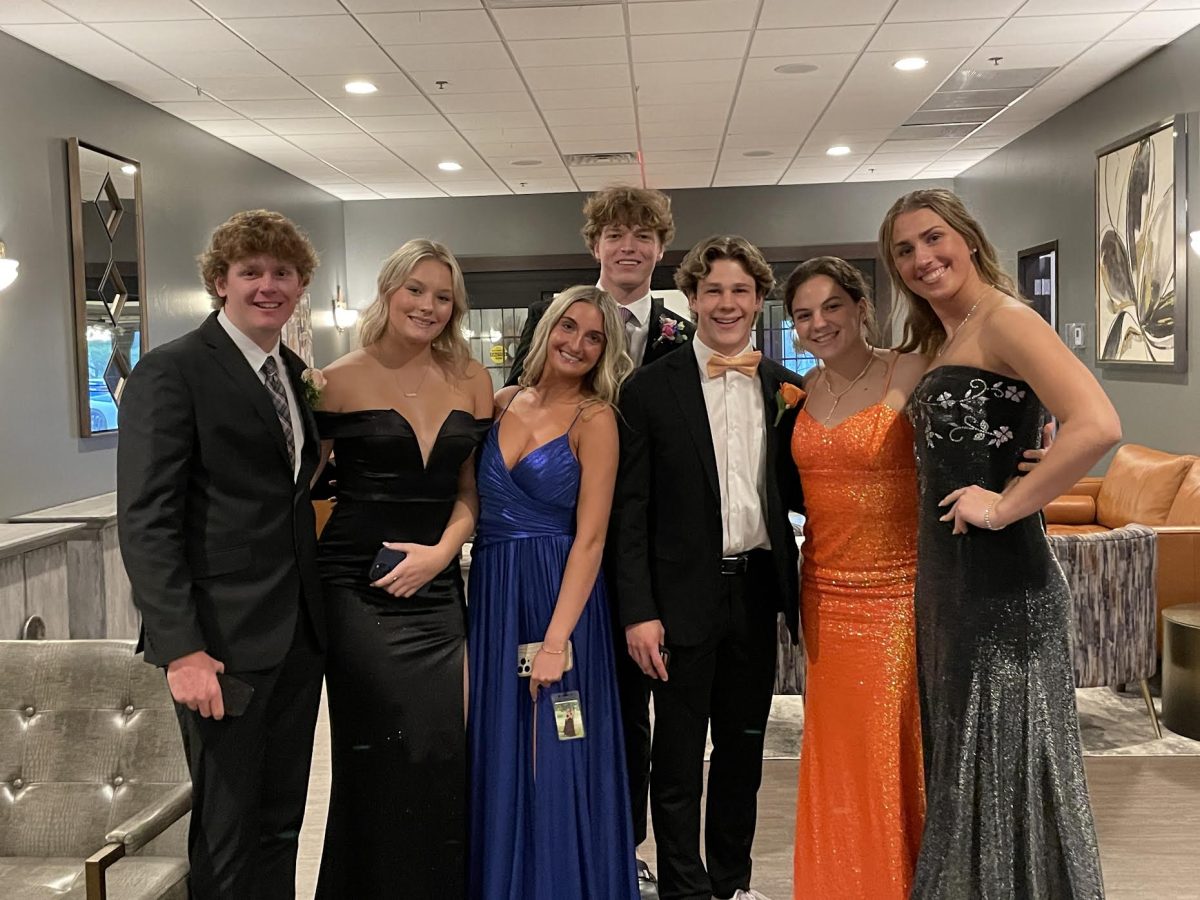
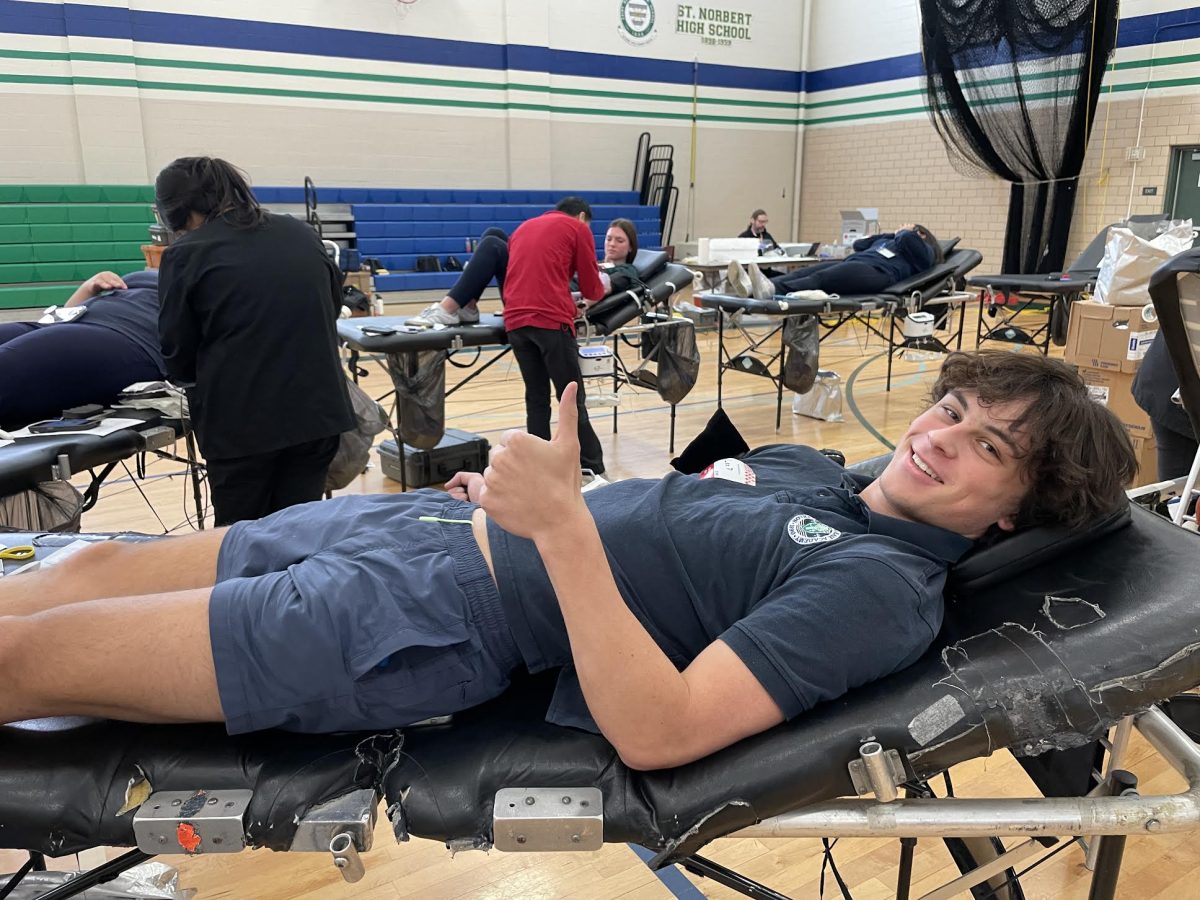
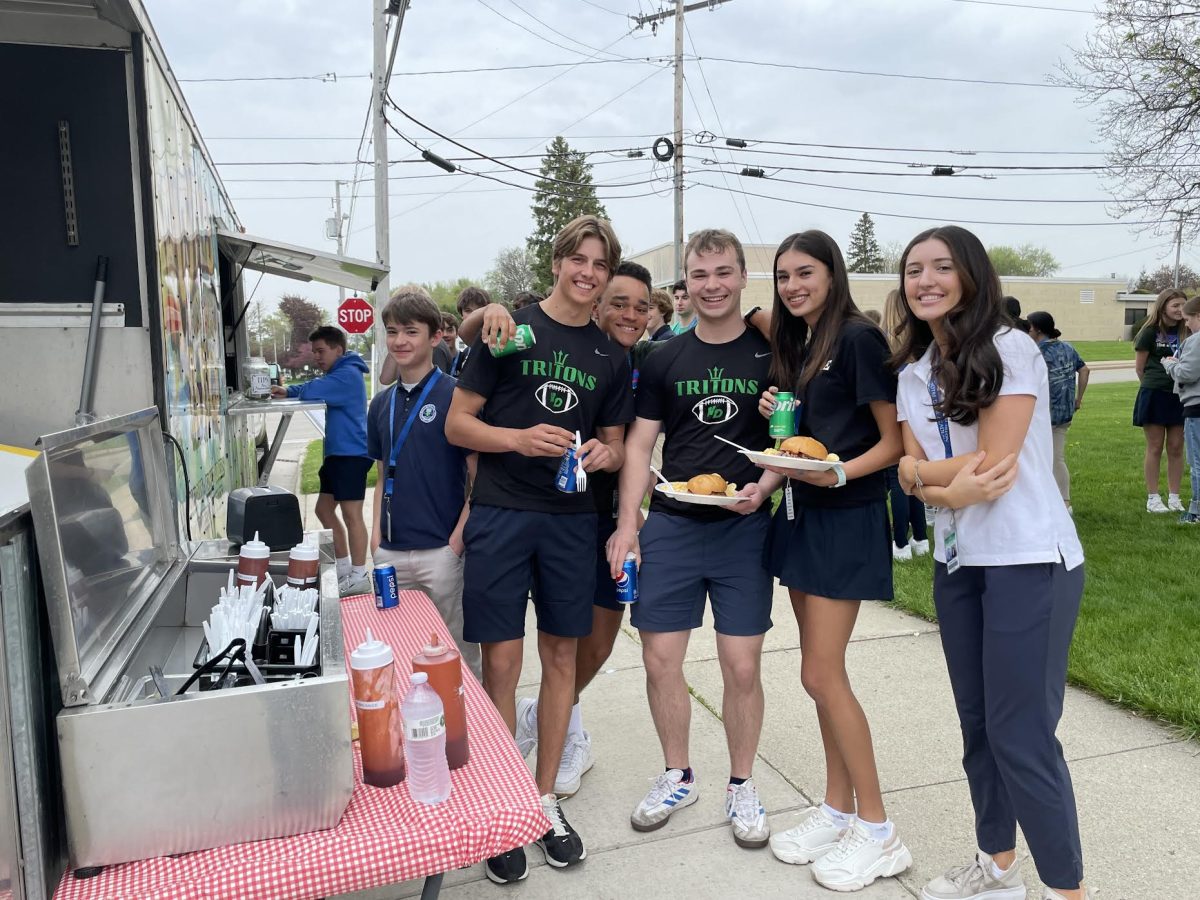






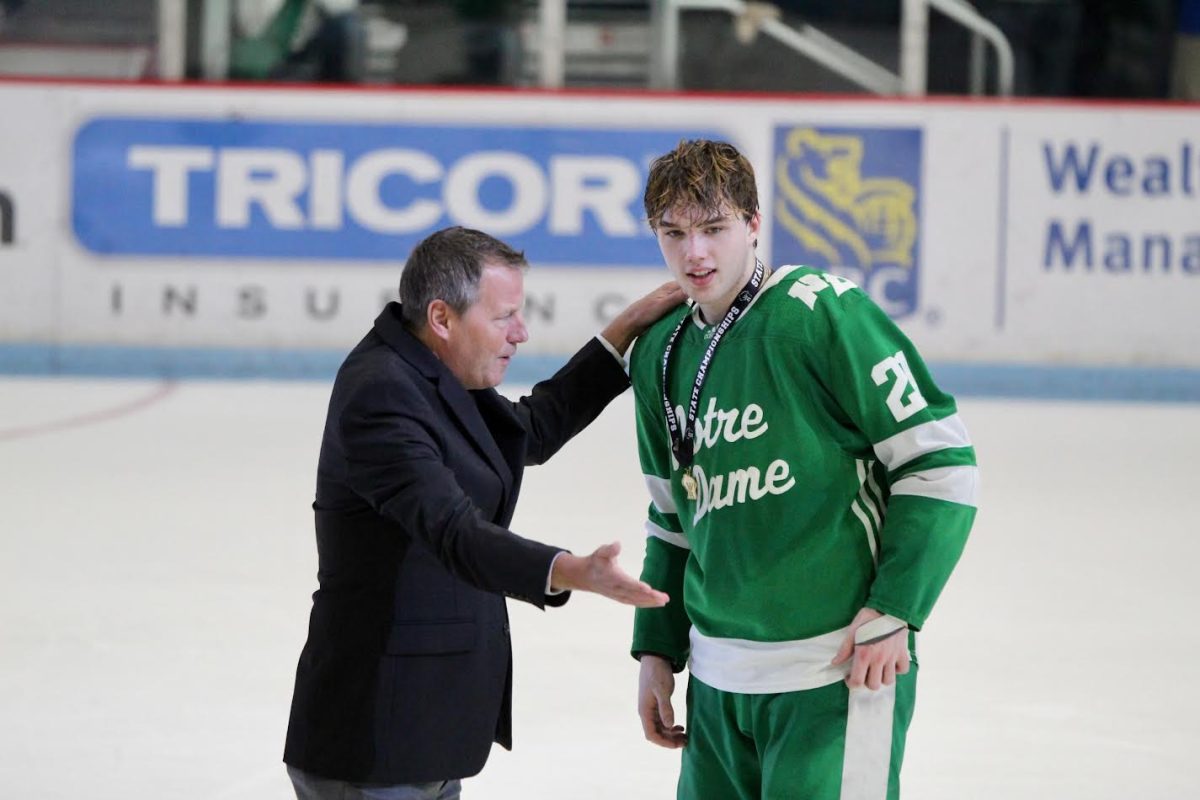
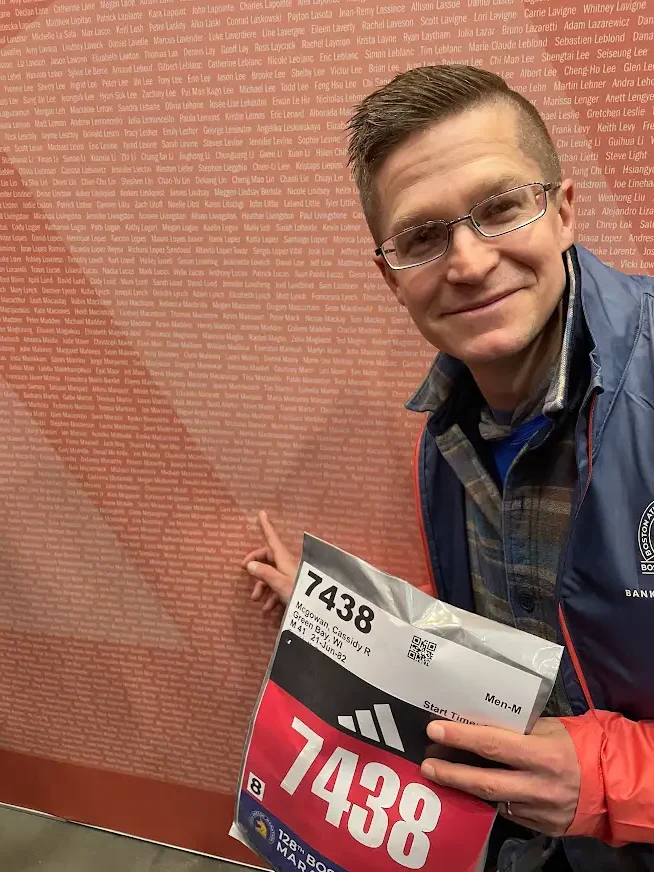


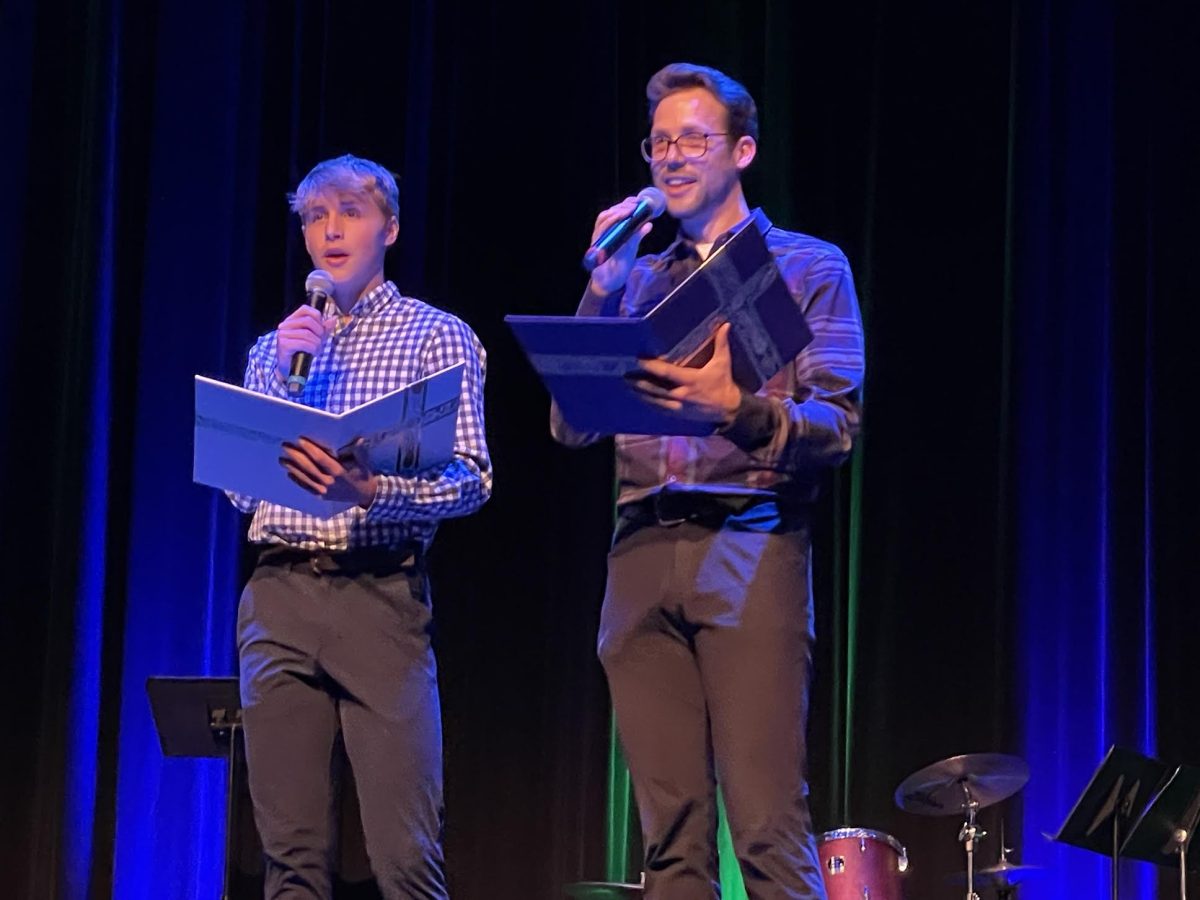




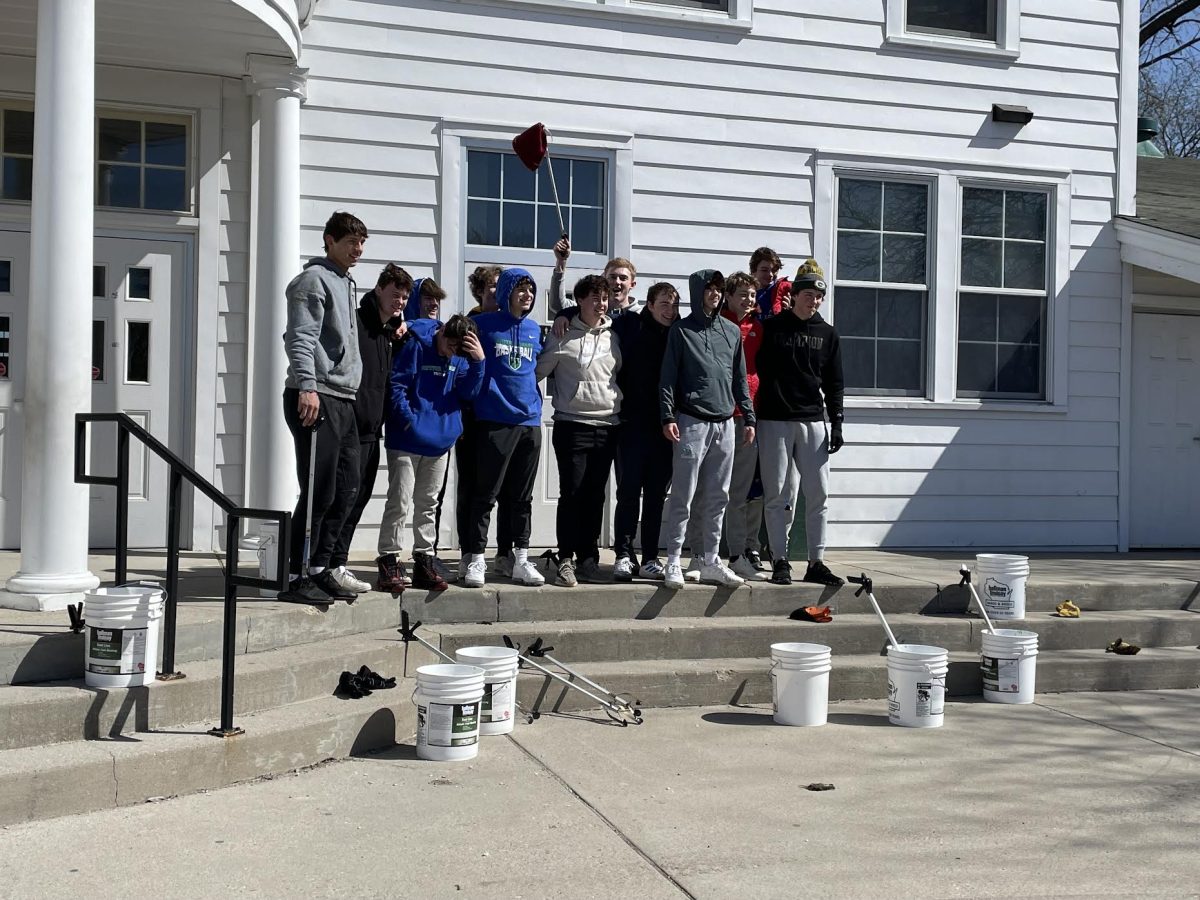

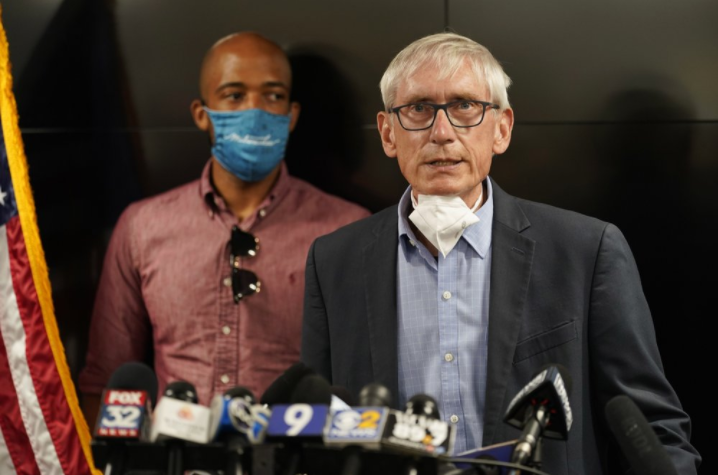
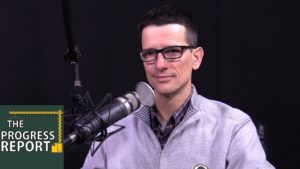
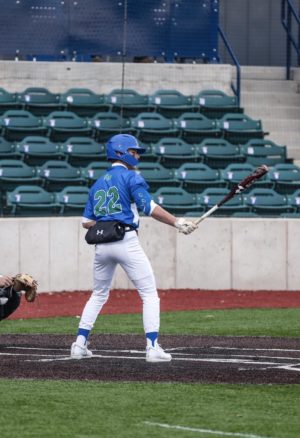





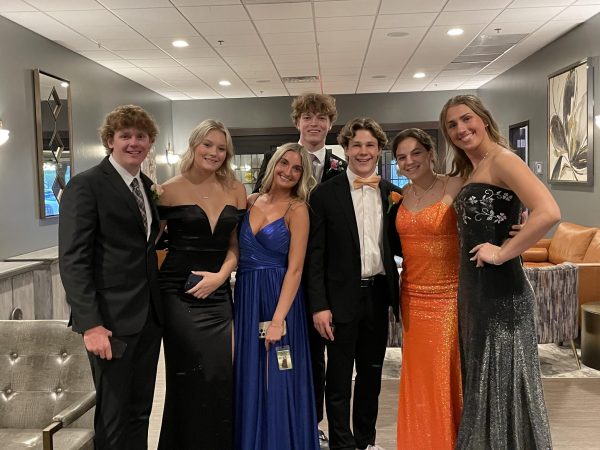
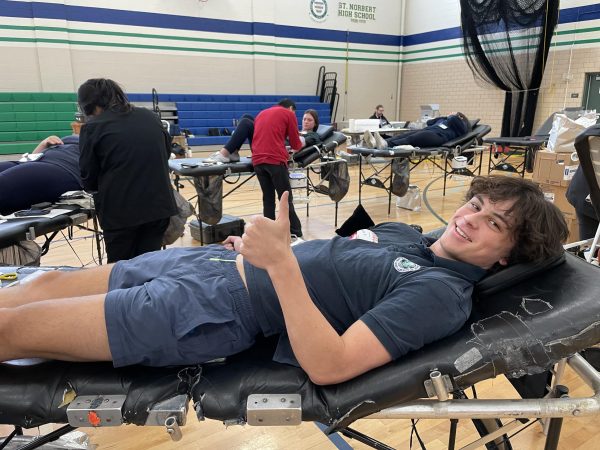
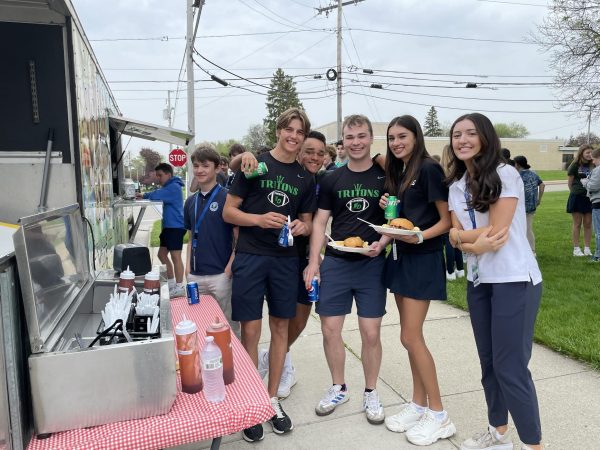
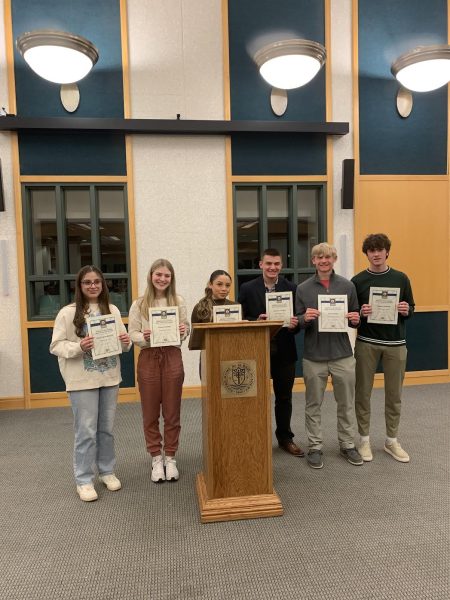


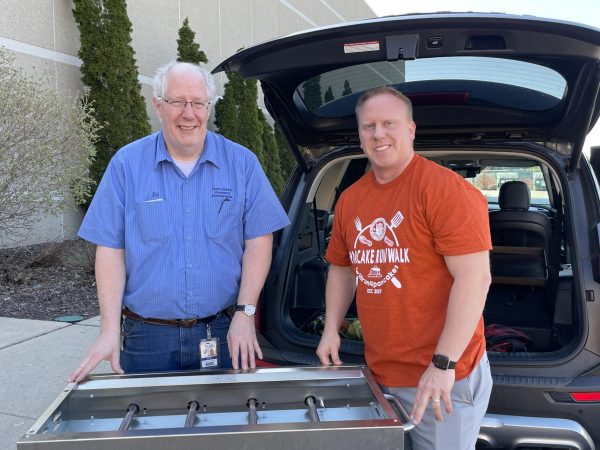
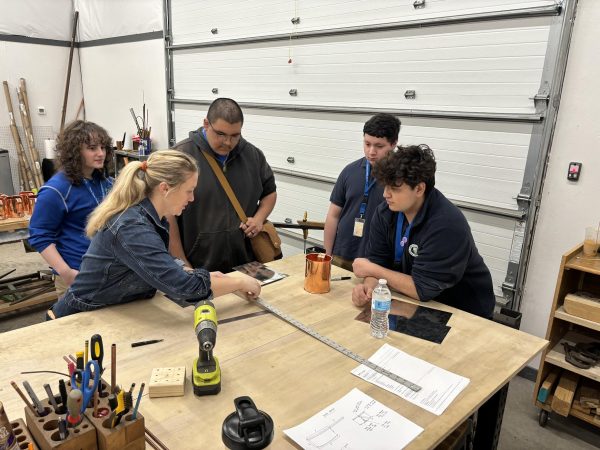

Becky Bain • Nov 24, 2020 at 8:25 pm
You write like a professional, Nick. Nice job!
Terri • Nov 21, 2020 at 12:48 pm
Excellent article, Nick!